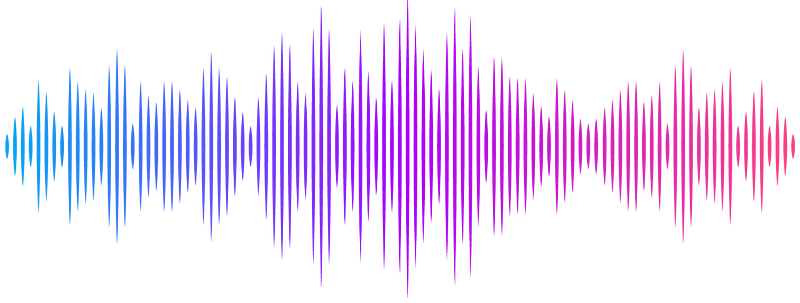Searching for continuous gravitational waves from slowly spinning neutron stars with DECIGO, Big Bang Observer, Einstein Telescope and Cosmic Explorer

Searching for continuous gravitational waves from slowly spinning neutron stars with DECIGO, Big Bang Observer, Einstein Telescope and Cosmic Explorer
Gianluca Pagliaro, Maria Alessandra Papa, Jing Ming, Martina Muratore
AbstractWe consider stably rotating highly magnetised neutron stars and glitching pulsars. We discuss the prospects for detecting continuous gravitational waves from these sources below 20 Hz with next-generation ground-based facilities such as the Einstein Telescope and Cosmic Explorer and space-based observatories such as DECIGO and Big Bang Observer. We demonstrate that these constitute interesting science targets. We use a robust sensitivity estimation method for future searches based on demonstrated performance. We show that the spin-down upper limit on the gravitational wave amplitude of more than 90% of all highly magnetised pulsars and magnetars suitable for a years-long fully coherent search, exceeds the smallest gravitational wave amplitude estimated detectable with DECIGO and Big Bang Observer. We find that the hidden magnetar candidate PSR J1852+0040 can be detected by Cosmic Explorer if it is emitting at least at 20% of its spin-down luminosity. Finally, post-glitch transient continuous gravitational waves from magnetars are an interesting target for deci-Hz detectors, with all but one of the recorded glitches giving rise to a spin-down limit signal above the smallest detectable level.